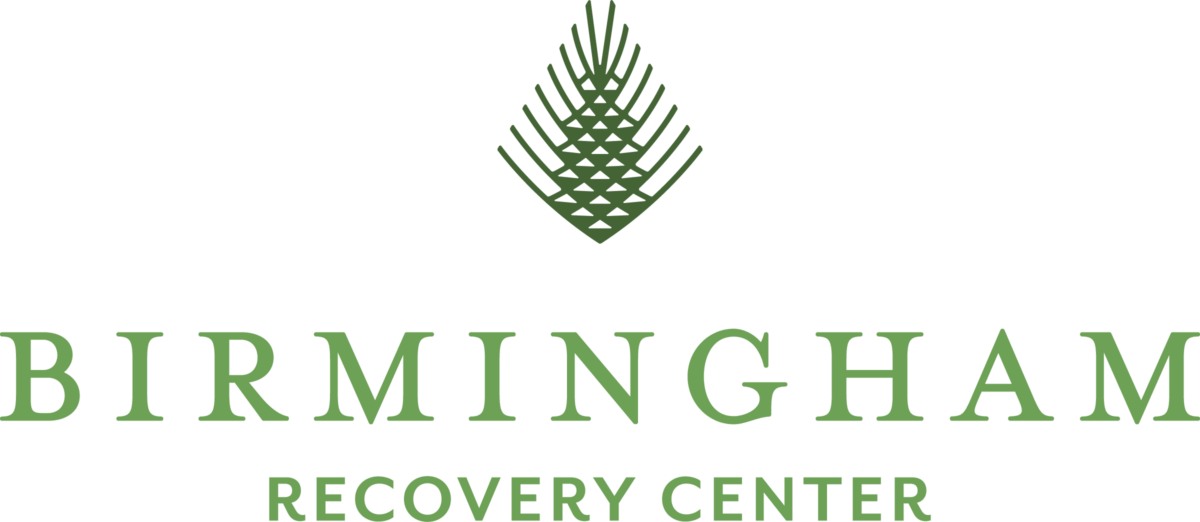The opioid crisis has become a dark cloud that looms over much of the United States. All too often, stories of addiction and tragedy fill our newsfeeds. But beyond these headlines is another important story: that of those who are fighting each day to overcome their opioid addiction and seek out recovery at an opioid rehab. Every person’s individual journey with opioids can be unique in both its challenges and triumphs, but finding the right resources to help along this path can often make all the difference in guiding an individual toward lasting sobriety.
What Does Opioid Addiction Look Like?
A person may become opioid dependent when they develop a physical and psychological dependence on an opioid drug. Opioids are powerful pain relievers that are often prescribed following an injury or illness, but they can easily become addictive if used in excess or without a doctor’s guidance. Signs of opioid addiction may include changes in a person’s behavior and mood, strong cravings for opioid drugs, difficulty functioning without opioids, and withdrawal symptoms such as nausea, vomiting, fatigue, and insomnia when opioids are not taken.
Treatment Options
For a person struggling with opioid addiction, opioid rehab is often recommended as the best option for recovery. Rehabs provide individuals with a safe and secure environment to focus on their journey toward sobriety while providing them with access to essential resources such as counseling, lifestyle changes, medication-assisted treatments, 12-step programs, and more. During opioid rehab, individuals are also encouraged to develop healthy coping skills to manage their opioid cravings and withdrawal symptoms in order to prevent relapse.
What Happens in Opioid Rehab?
The opioid rehab process can be daunting, but the right opioid rehabilitation program can make a big difference in helping an individual stay on track to lasting sobriety. Treatment plans are highly individualized and may involve both medication-assisted treatment (MAT) and psychotherapy.
MAT involves the use of medications such as buprenorphine or naltrexone to reduce opioid cravings and withdrawal symptoms, while psychotherapy helps individuals learn new skills for managing opioid cravings and avoiding relapse. In opioid rehab, patients also receive support from peers who are also struggling with addiction and develop coping strategies for dealing with stressors that could lead to relapse.
Common Challenges of Opioid Addiction Recovery
The opioid addiction recovery process can be a long and difficult journey. In addition to physical withdrawal symptoms from opioid drugs, individuals in opioid rehab may experience psychological challenges such as depression, anxiety, and agitation. They may also struggle with the stigma of opioid addiction or feel overwhelmed by the thought of relapse.
It’s important for individuals to remember that overcoming opioid addiction is possible with the right resources and support system. Developing healthy coping strategies, building a strong supportive community, and staying committed to a treatment plan are all essential components of successful opioid addiction recovery. With time and dedication to sobriety, opioid rehab can help open up new doors toward lasting wellness and fulfillment.
Providing Support During Opioid Rehab
For those looking to support a loved one in opioid rehab, it’s important to keep the lines of communication open and listen without judgment. Offer words of encouragement and focus on the positive changes your loved one is making rather than dwelling on past mistakes. Additionally, consider offering practical assistance, such as helping with daily tasks or providing resources for additional help if needed.
Ultimately, opioid addiction is not something that an individual can overcome alone; it takes a team effort from family and friends, medical professionals, and other opioid-specific resources to make lasting progress. With dedicated support from all sides, opioid rehabilitation can be made easier and more successful while providing individuals with hope for a brighter future.
Compassion During Recovery
Opioid addiction can be an overwhelming and isolating experience. That’s why it’s so important to provide those recovering from opioid abuse with the compassion, empathy, and understanding they deserve. Letting someone know that you believe in their ability to overcome opioid addiction is a powerful way of providing support during opioid rehab. In doing so, you show them that even though addiction recovery may be difficult at times, it does not have to define them forever.
With commitment and dedication to sobriety through opioid rehab, individuals struggling with opioid addiction can achieve lasting wellness and fulfillment. By offering words of encouragement, practical assistance, and unconditional acceptance during opioid rehabilitation, family and friends can help create a supportive environment for loved ones in opioid rehab, providing them with the hope and guidance they need to recover.
The Importance of Professional Treatment for Opioid Addiction
Recovery from opioid addiction is a complicated journey. It’s important to remember that professional treatment should be sought not only when opioid abuse has become unmanageable but also just whenever opioids take hold of someone’s life.
Opioid rehab provides a safe, supportive environment for individuals to recover from opioid abuse. Without it, opioid addiction can become even more challenging to overcome due to the physical and psychological withdrawal symptoms of opioid drugs, as well as the risk of relapse.
Opioid rehab can help individuals struggling with opioid addiction gain a better understanding of their condition, develop healthy coping strategies, and receive the necessary guidance and support to build a strong foundation for lasting sobriety. With the right opioid-specific resources in place, opioid rehabilitation can be made easier and more successful while providing individuals with hope for a brighter future.
Staying Committed to Opioid Rehab and Recovery Goals
The opioid rehabilitation process is often filled with challenges. It is important to remain diligent in your recovery journey and stay committed to your opioid rehab goals. When relapse occurs, it does not mean that you have failed—it simply means that more work needs to be done in order to get back on the path of sobriety. It’s important to remember that opioid addiction is a manageable condition with the right resources and support system.
Top Rated Opioid Rehab in Birmingham, AL
Birmingham Recovery Center is a trusted opioid rehab in Birmingham, AL, that offers comprehensive addiction treatment services for those struggling with opioid use. Our team of experienced opioid professionals is dedicated to helping individuals and their families find long-term recovery from opioid abuse through evidence-based treatment plans and personalized care.
For more information about opioid rehabilitation and the specialized opioid programs offered at our center, contact us today. We are here to help you or your loved one take back control of their life.

